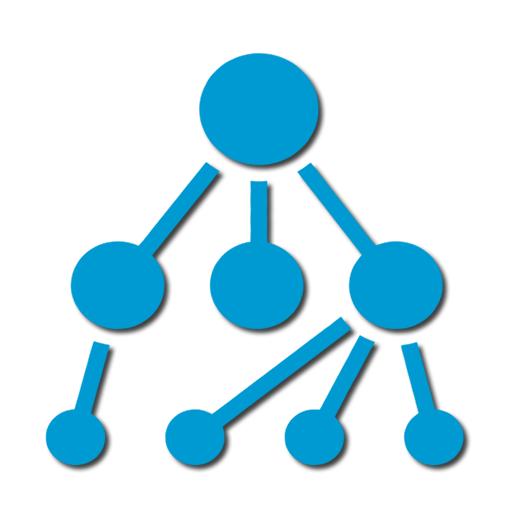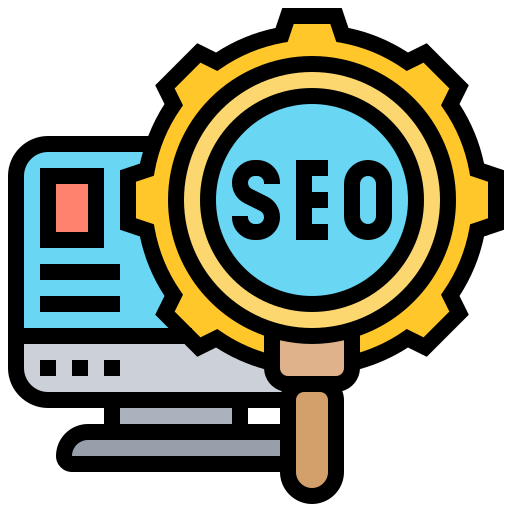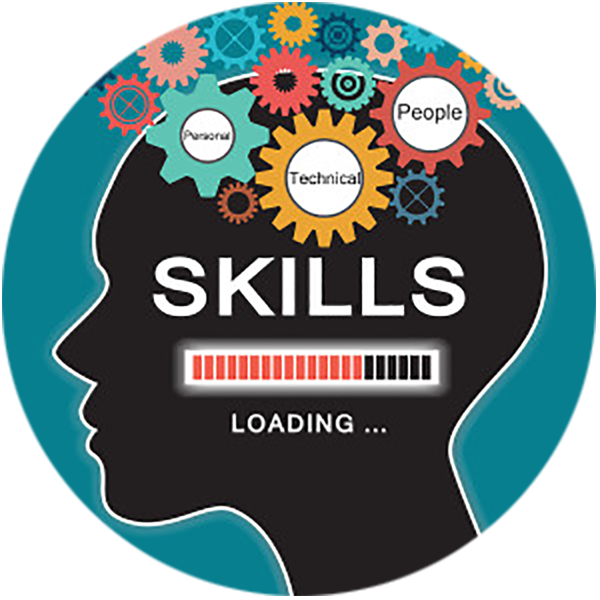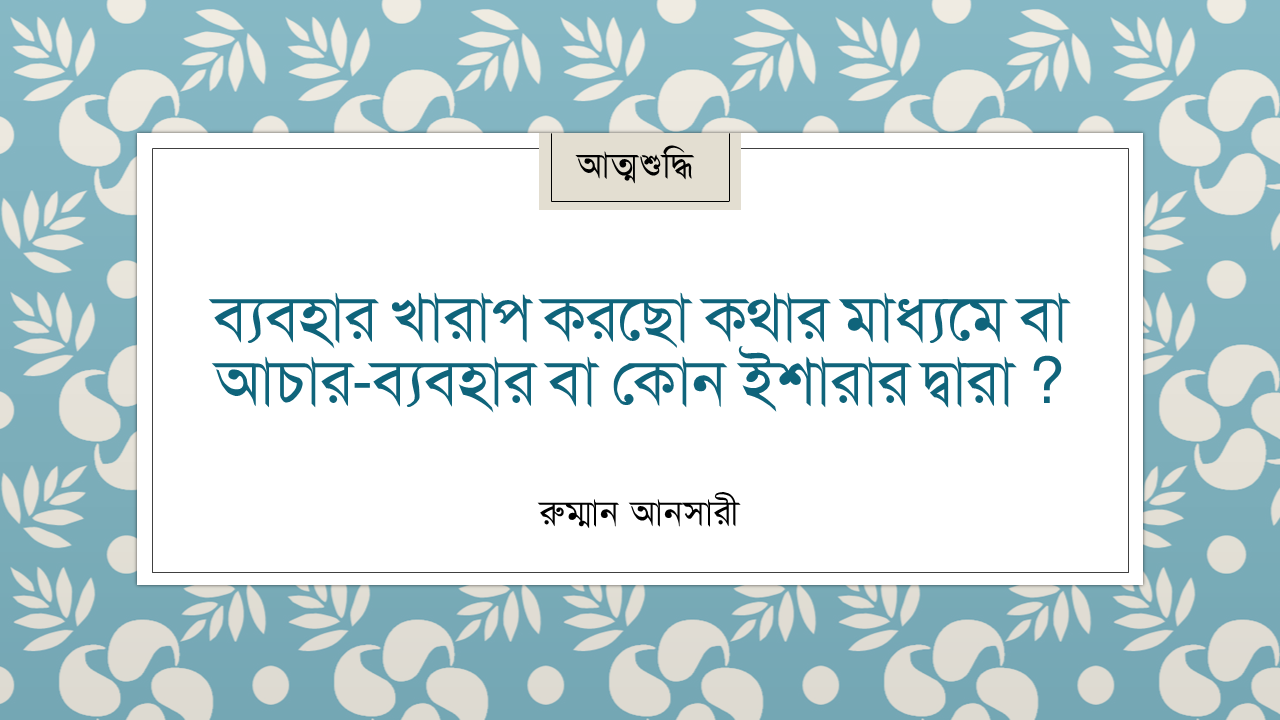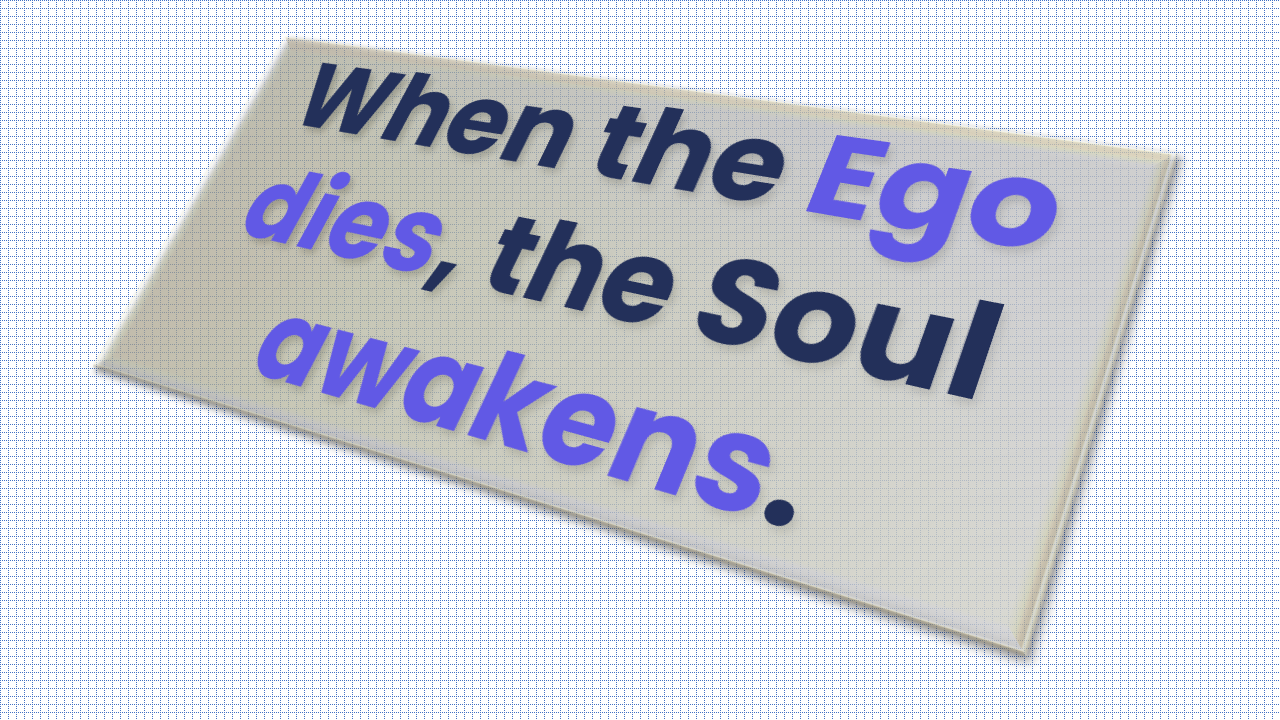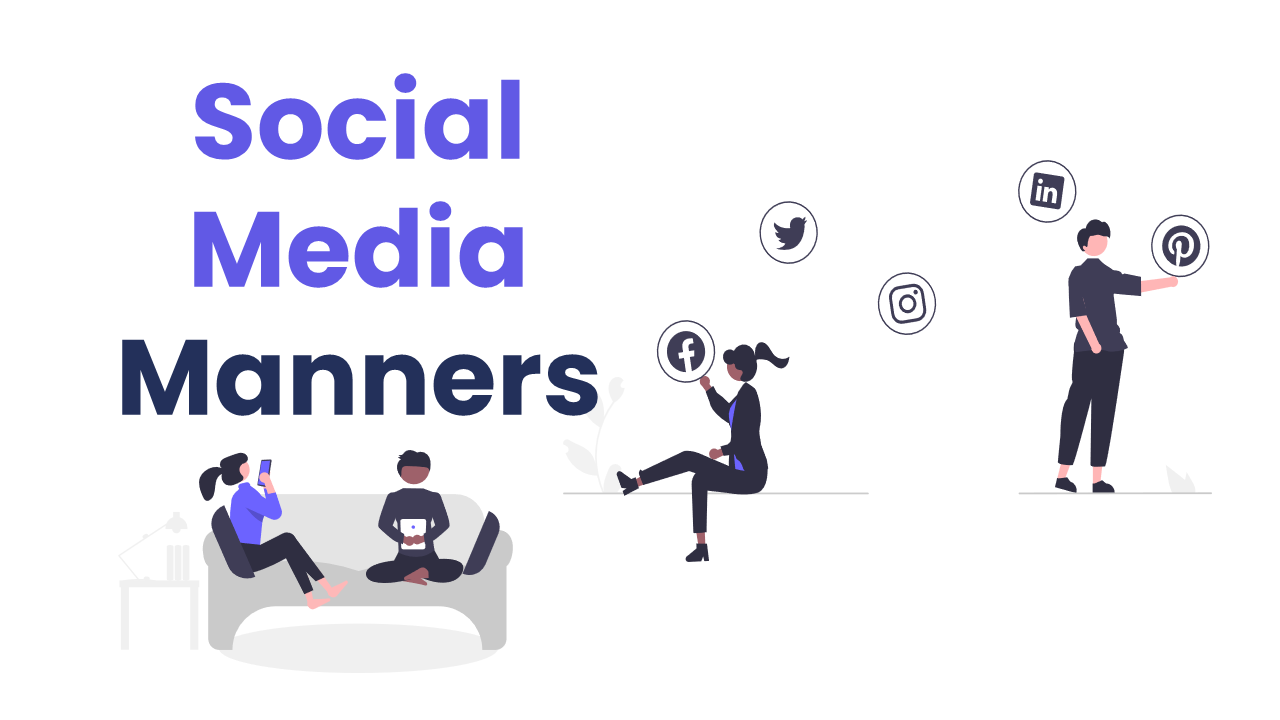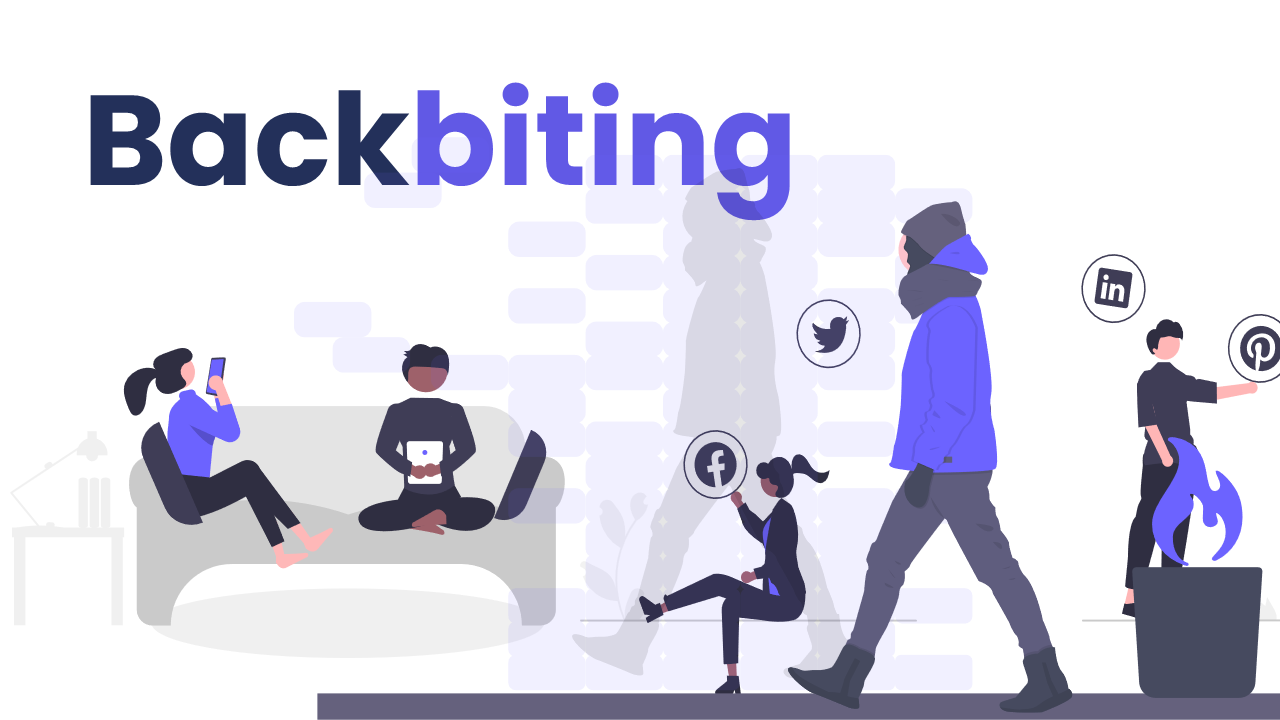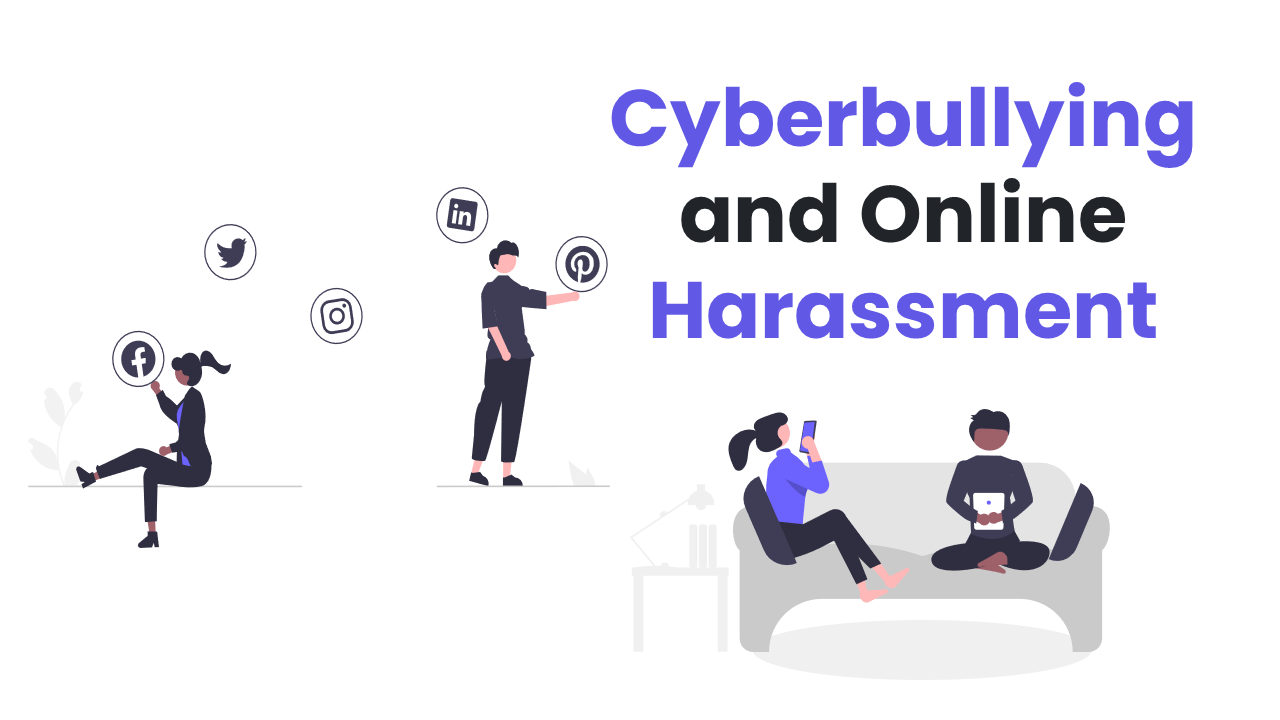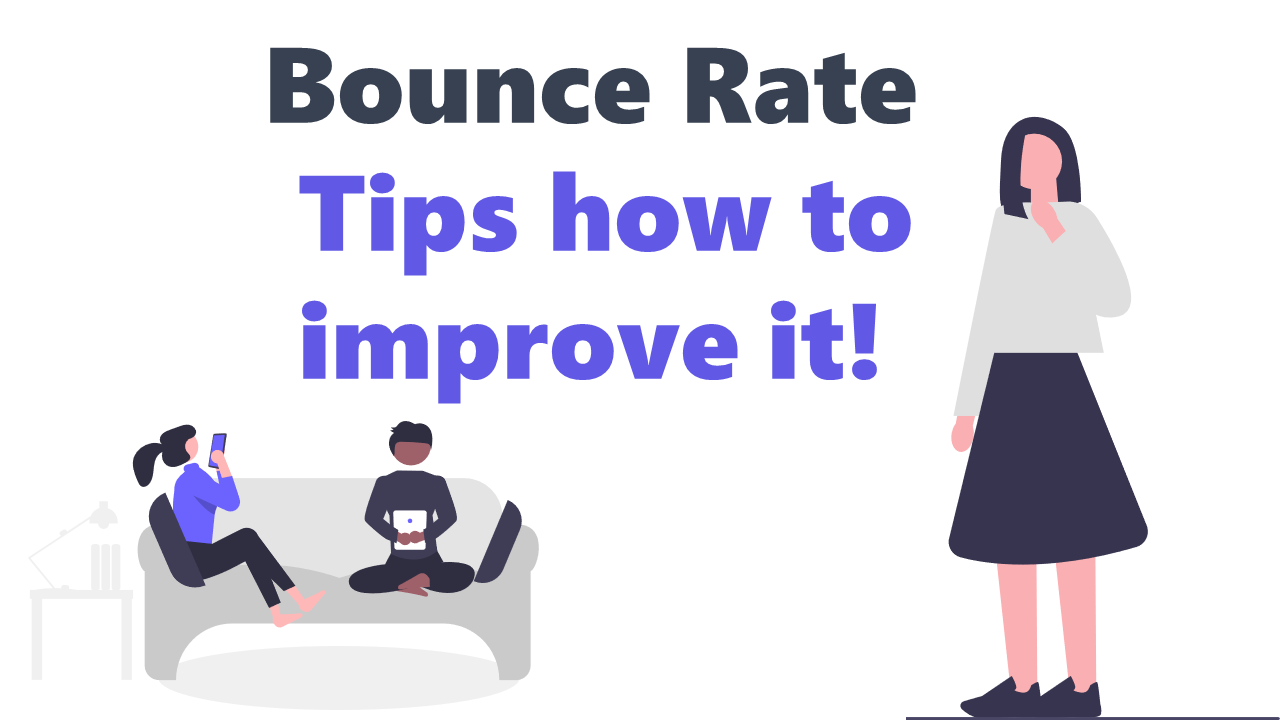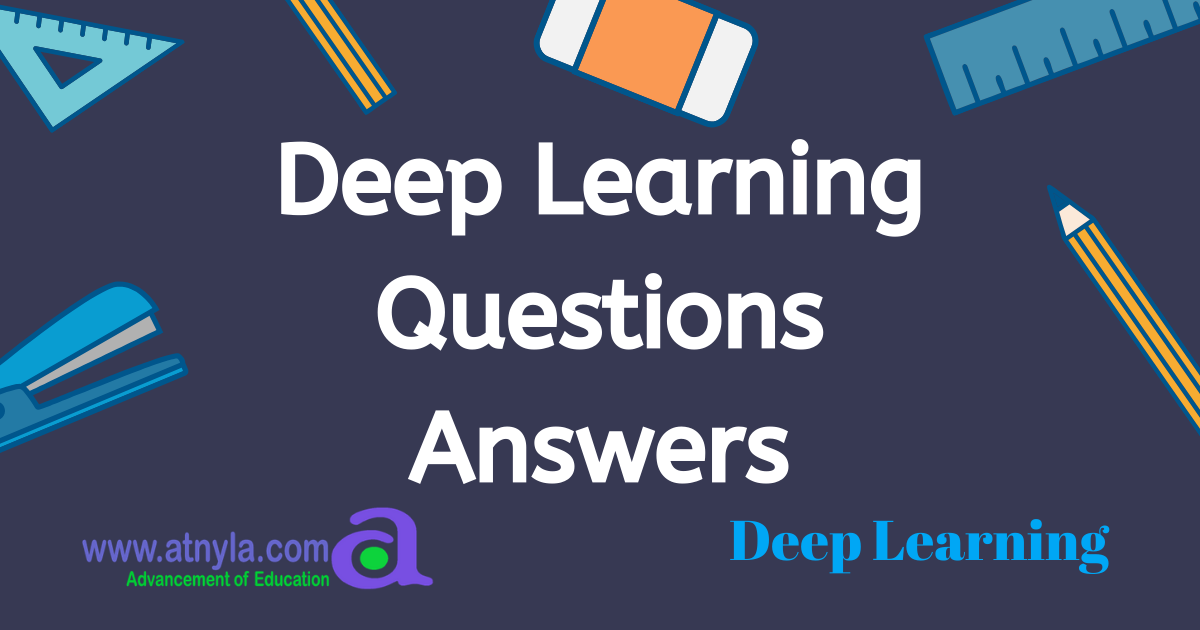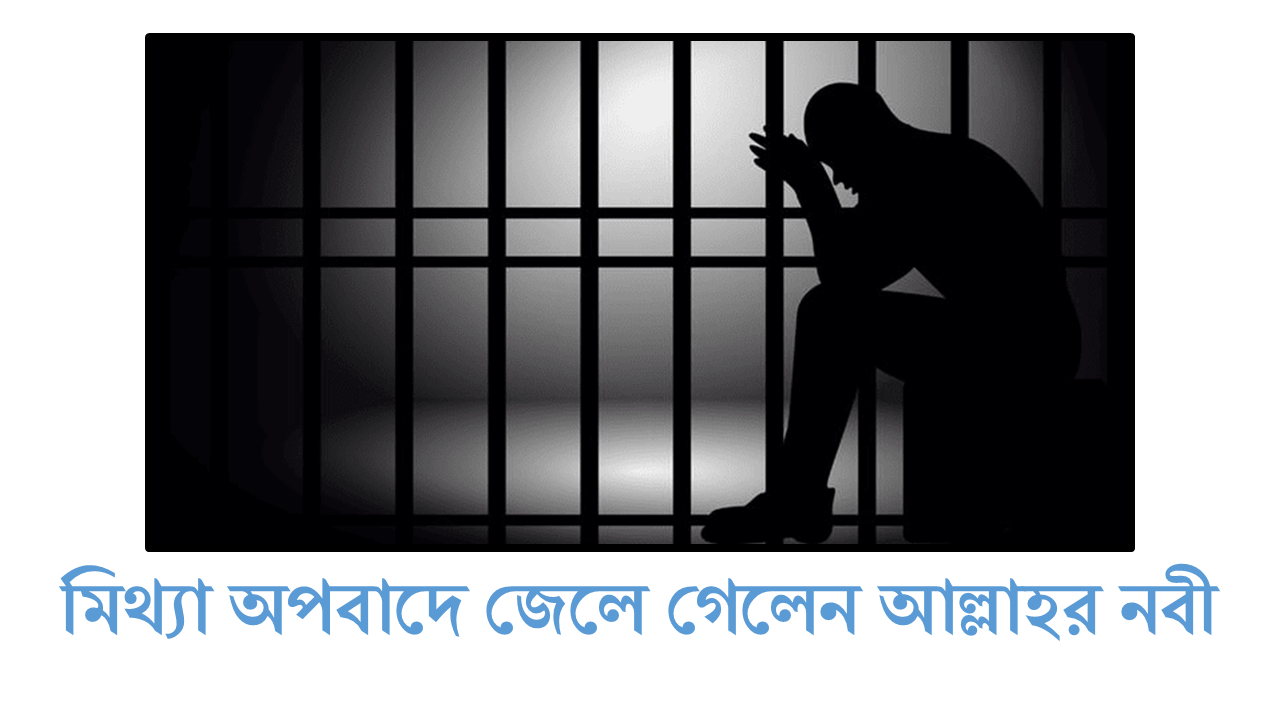Social Media Manners
Is social media is important in our life?
Social media plays an important role in many people's lives, connecting them with friends and family, providing access to news and information, and allowing them to express themselves and share their experiences. However, it is also important to use social media responsibly and mindfully, taking steps to protect one's privacy and manage one's online reputation. The level of importance of social media in one's life may vary depending on individual needs and circumstances.
Why social media is important?
Social media has become an important aspect of our lives as it allows us to connect and communicate with people from all over the world. It has revolutionized the way we communicate, share information, and access news. Social media also provides a platform for businesses to reach and interact with their customers, and for individuals to promote their personal brands. Additionally, it has become an important tool for activism and social change, as well as a source of entertainment and relaxation. Overall, social media has a significant impact on our daily lives and provides numerous benefits and opportunities for personal and professional growth.
Here are some reasons why social media is important:
-
Connecting with Friends and Family: Social media platforms like Facebook, Instagram, and Twitter allow individuals to connect with friends and family members who live far away or are unable to physically connect.
-
Building and Maintaining Professional Network: Social media platforms like LinkedIn can help professionals build and maintain professional relationships and networks, helping them to advance in their careers.
-
Finding and Sharing Information: Social media platforms are great places to find and share information on a variety of topics, from politics to entertainment.
-
Marketing and Advertising: Social media is an important tool for businesses and organizations to market and advertise their products and services to potential customers.
-
Networking and Collaborating: Social media platforms can provide individuals and organizations with opportunities to network and collaborate with others in their industry, helping to promote innovation and creativity.
-
Staying Up-to-Date: Social media platforms are excellent sources for staying up-to-date on news, current events, and trends.
-
Improving Mental Health: Studies have shown that social media can have a positive impact on mental health, helping individuals to feel less isolated and more connected to others.
Social media can play a negative role in our lives in several ways
Social media can play a negative role in our lives in several ways, including:
-
Addiction: Excessive use of social media can lead to addiction and affect our daily routine and personal life.
-
Cyberbullying: Social media platforms can be a breeding ground for cyberbullying and online harassment, causing emotional distress to individuals.
-
Spread of Misinformation: Social media is a prime source of misinformation, fake news, and conspiracy theories, which can negatively impact our perception of reality.
-
Decreased Face-to-Face Communication: Social media can reduce face-to-face communication and increase feelings of loneliness and isolation.
-
Decreased Attention Span: Constant exposure to the fast-paced and short-form content of social media can decrease our attention span and ability to concentrate.
-
Negative Impact on Mental Health: Social media can negatively impact our mental health by causing anxiety, depression, and low self-esteem.
-
Decreased Productivity: Excessive use of social media can lead to decreased productivity and procrastination.
-
Increased Pressure to Conform: Social media can increase pressure to conform to societal norms and expectations, leading to decreased individualism and self-expression.
-
Invasion of Privacy: Social media platforms can collect and misuse our personal data, violating our privacy and security.
-
Fosters Comparison and Jealousy: Social media can foster feelings of comparison and jealousy, as people tend to present their best selves online.
-
Disrupts Sleep Pattern: Excessive use of social media before bedtime can disrupt our sleep pattern and affect our overall health.
-
Encourages Procrastination: Social media can be a major source of distraction and encourage procrastination.
-
Spreads Hate Speech: Social media can be a platform for hate speech and discrimination, negatively impacting the well-being of communities and society.
-
Decreased Physical Activity: Spending excessive time on social media can lead to decreased physical activity and contribute to health problems.
-
Decreased Creativity: Social media can limit our creativity by presenting us with a constant stream of pre-made content.
-
Impacts Relationships: Social media can negatively impact our personal and professional relationships by encouraging superficial interactions and communication.
-
Fosters Cybercrime: Social media can foster cybercrime, such as hacking, identity theft, and phishing.
-
Encourages Cyberstalking: Social media can encourage cyberstalking and online harassment, posing a threat to personal safety.
-
Decreased Focus on Real-Life Experiences: Social media can reduce our focus on real-life experiences and the importance of being present in the moment.
-
Decreased Critical Thinking: Social media can decrease our critical thinking skills by presenting us with a constant stream of unverified information.




